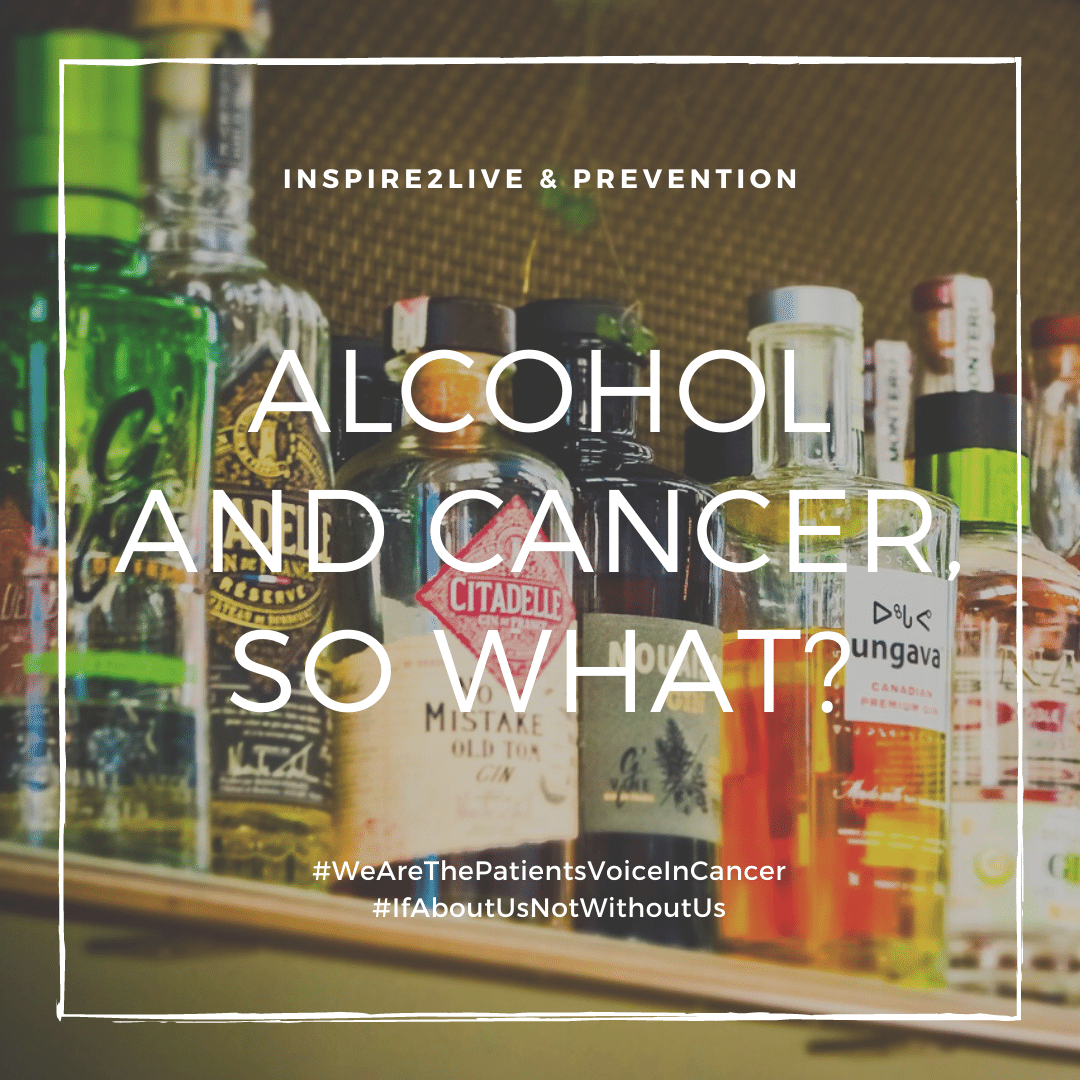Alcohol consumption was tied to 750,000 cancer cases worldwide in 2020[1] and there are many ways in which it can increase the risk of cancers, such as oral, pharyngeal, laryngeal, colorectal and esophageal as well as liver and breast cancers.
Experts all over the world are advocating for cancer warning labels on alcohol containers. People need to know that alcohol is one of those lifestyle factors that contributes to developing cancer. It’s concerning that in this “information era” we have warning labels on a variety of items, such as toothpastes, cleaning products, and the most well-known cancer-causer: tobacco. But alcohol, on the other hand, a Group 1 carcinogen, has no specific warnings.
The lack of labelling, according to Dr. Fawaad Iqbal of the Durham Regional Cancer Centre in Oshawa and Tim Stockwell of the Canadian Institute for Substance Use Research at the University of Victoria, is directly related to money! The global alcohol business is worth CAD 1.5 trillion each year[3].
The Yukon study exemplifies the above: in 2017, public health experts in Canada and the Yukon government decided to test cancer warning labels on all alcohol containers at the government-owned liquor shop in Whitehorse. However, under pressure from the alcohol industry, the cancer labels were removed less than a month after they were placed[2].
The World Health Organisation (WHO) has previously issued alcohol policy recommendations aimed at assisting governments to focus on the most successful non-infectious disease prevention programmes. Higher alcohol sales taxes, restrictions on where and when alcohol may be purchased, and restrictions on public promotion were among the measures recommended to combat alcohol-related illnesses. For example, higher sales taxes in central and eastern European countries have contributed to a drop in alcohol consumption[4].
Concerns have been voiced regarding an impending global spike in related cancer cases as alcohol sales have skyrocketed since the onset of the COVID-19 epidemic. The risk has always existed, but it’s been easy to miss because drinking has become so popular as a way to unwind and reward oneself[3].
It is time for us to rethink this issue. Lobbying influence from alcohol drinks companies needs to decrease, as more and more evidence builds up to support restricted-use alcoholic drinks, for more than one reason. Governmental steps ought to be taken to put more regulations on the sales and consumption of alcohol. And as always at Inspire2Live, we believe in informing the public and making knowledge about health risks a common good.
Maria Chacón
Patient Advocate Inspire2Live

